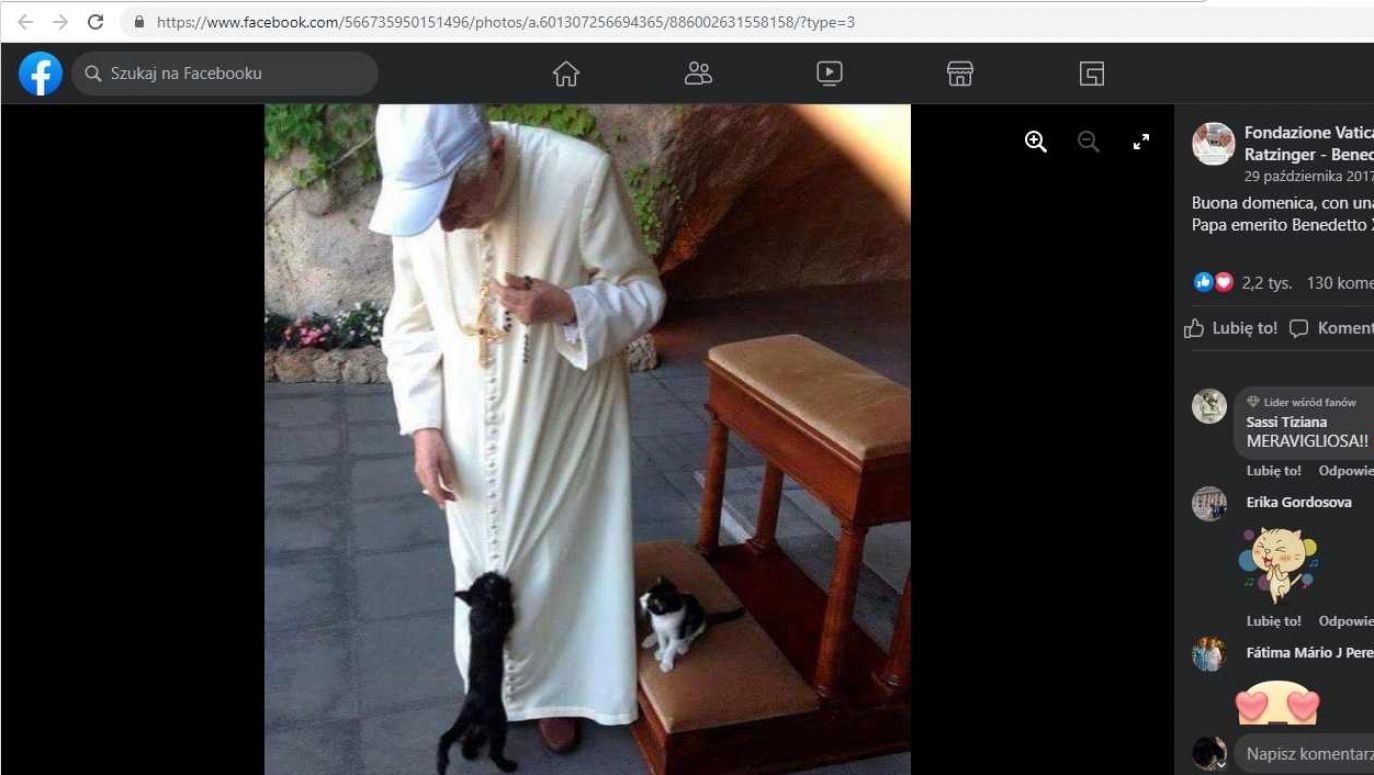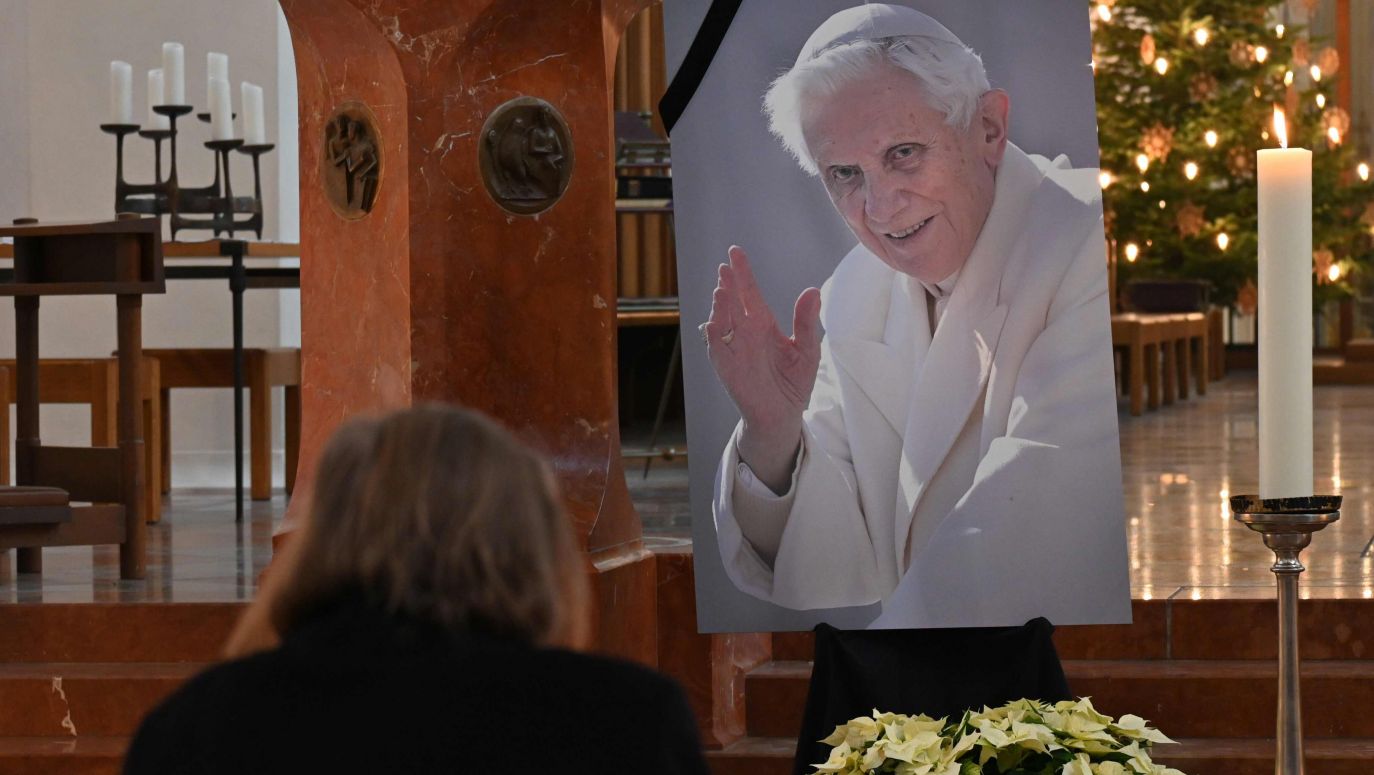In what language did Benedict XVI speak to cats?
11.01.2023
Benedict XVI was given a particularly warm farewell by PETA (People for the Ethical Treatment of Animals), an NGO that usually keeps its distance from the Church and clergy. After his death, PETA posted on its website that the pope had always seen animals as "God's creatures" and that he had been calling for them to be taken care of and saved from unnecessary suffering and pain. Benedict himself had adhered to these rules and had always loved cats.
Pope Benedict XVI, who died on December 31, 2022, once said about classical music that "it is born from experiencing love and sadness, from communing with death, from pain and from the abyss of human existence", adding that "it is also born from an encounter with what is divine". Indeed, music was always in his life, from his childhood in Upper Bavaria to his last days in Rome.
He relaxed with music, either listening to it or playing it himself. While John Paul II hiked during the holidays he spent at the papal residence in the Aosta Valley in the Alps, when Benedict XVI vacationed in the same place, he preferred to play the piano that had been specially installed there for him. His favourite pieces included works by Mozart as well as Beethoven, Bach and Schubert.
Pope Benedict, formerly Cardinal Joseph Ratzinger, and before that little Joseph from the Bavarian town of Marktl, always loved music. He also loved cats. Whenever there was a cat close by, he would always spot it -- and that, as readers well know, is the unmistakable mark of a sworn lover of these animals. "Pope Benedict was definitely a cat man, not a dog man, " said Rudolf Hofbauer, Joseph Ratzinge’s neighbor in the town of Pentling, near Regensburg. Italian journalist Jeanne Perego has even written a children's book entitled "The Cat and His Pope" narrated by the pope’s ginger tomcat, Chico.
The Pope also loved Latin. He considered the language of the Romans and the Church to be the binder of civilization and tried his utmost to save it for the world and posterity. Did he succeed? In the Church, his efforts were soon undermined by his successor Pope Francis, who, among other things, was to repeal his predecessor's decision about the possibility of celebrating the Latin Mass without special permission. The world of mass culture and social media did not quite understand what Benedict’s aim was.
Finally, Pope Benedict also loved Bavaria. Supposedly, he wanted to spend the last years of his life in his homeland. However, it did not happen.
Music leads to God
Music has always been in his life. "When on holidays, in our parish in Traunstein, Mozart's Mass resounded [probably the Coronation Mass that was Pope Benedict's favorite piece]. I, a small boy from the province, felt the gates of heaven were opening. At the altar, the incense smoke rose up in columns, through which the rays of the sun were breaking. (...) And from the back of the church, from the choir, music flowed that could only come from heaven; music in which angels rejoicing in the beauty of God revealed themselves to us. Even now when I listen to Mozart, I still experience these feelings."
In this way, years later, Joseph Ratzinger was to describe his first meeting with Wolfgang Amadeus, whom he subsequently placed foremost among his musical preferences. Just behind Mozart, or rather right next to him, came Johann Sebastian Bach.
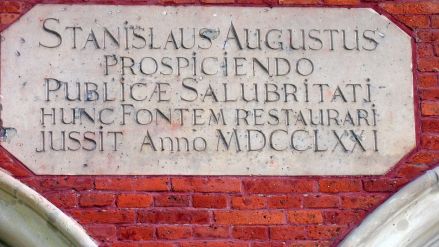
Soon we may have to rely on the Germans to translate Polish historical documents.
see more
This continued to be the case when Cardinal Ratzinger became pope. On the first Sunday after his enthronement, Catholic journalists of the magazine "Inside the Vatican" found the Holy Father in his old apartment, at the piano, playing his beloved Mozart. Later, in his book "Salt of the Earth" he would write: "His music is not light fun. It contains the whole tragedy of human existence".
The piano Joseph Ratzinger played was an old instrument he had been given years earlier, when, shortly after his ordination, he worked in the Freising Faculty of Theology. He was never to part from it, insisting he would much rather play it than the Steinway piano that was in Castel Gandolfo. As pope, he declined to have a branded instrument bought for him. "He doesn't think it's worth it. To start with, he doesn't have much time, and secondly, he's realistic about his abilities. The old piano is good enough for him to play for himslef," his brother Georg explained.
All creatures great and small
The warm words with which the PETA organization said farewell to Pope Benedict XVI have a special resonance because the NGO usually keeps its distance from the Church and clergy. However, when he died, the PETA website posted how Pope Benedict had always viewed animals as "God's creatures", calling for them to be taken care of and saved from unnecessary suffering and pain, whether they were chickens raised in cages or homeless animals. Moreover, they noted that Benedict himself had adhered to these principles, always, for example, having cared for homeless cats.
“They say in the Vatican that Pope Benedict loves cats. But that's not true. Pope Benedict adores cats,” Cardinal Roger Mahony, the now retired archbishop of Los Angeles, once said about the Holy Father’s love of felines.
It was no secret to anyone, whether in the Vatican or in Regensburg and Munich, that despite Joseph Ratzinger manifest affection and respect for all creatures large and small (so much so that when he was elected pope, some even wondered if he should not have taken the name Francis, in honor of St. Francis of Assisi, the patron saint of animals), that cats occupied a special place in his heart. The feeling was mutual.
"There were always lots of cats around the University of Regensburg," Konrad Baumgartner, a theology professor when Joseph Ratzinger taught at the same faculty in the 1970s, told the Catholic News Agency. "When he was leaving the building, they all flocked to him. They knew him and loved him. He would pet each of them, talking to them, offering them the small treats he carried for them, while also feeding homeless cats. His love of cats originated from home since the Ratzingers had always had cats and were always feeding homeless cats."
Cats are always a welcome subject when it comes to photography -- cats in the company of the pope being even more so. During his visit to the UK in 2010, Pope Benedict was greeted not only by representatives of Church and State. At the Birmingham Oratory, founded by St. John Henry Newman, Benedict’s host was the black tomcat Pushkin, dressed for the occasion in a white and yellow bow, the colors of the papacy. As can be seen in the famous photo of that occasion, the two happily exchanged greetings.

Do we want to commune with horrific images of bent train carriages and bleeding bodies or animals deprived of any chance of survival?
see more
In Rome, Benedict's favorite cats were the black and white Contessina and Zorro,who was not black as one might assume, but white and gray. The two would accompany him on his walks. However, despite the pleas of Italian animal lovers, the pope would not take any cat with him to the Apostolic Palace. The reason why is not actually very clear, since the Vatican spokesmen, when questioned about the cause always evaded answering. Apparently, Pope Benedict had to be satisfied with a white ceramic cat figurine, which he placed on his desk, plus the plates with images of cats, for which he and his brother Georg shared a collector’s passion.
Bavaria, or the beauty of the world
The fact that the funeral mass of Pope Benedict was celebrated in Latin marked a beautiful gesture towards the deceased. Latin was, after all, another love of his life. Latin, according to Benedict XVI, was the binder of Christian civilization and the link between the past and present. Also, an opinion shared by all Latin experts and enthusiasts, it offers a precision tool that allows one to properly and exactly articulate both phenomena and ideas.
Thus Pope Benedict wanted Latin (whose place in the Church had weakened significantly in the last half-century, mainly because of the introduction of the liturgy in colloquial languages) to come back to life. That is why he restored the possibility of celebrating Mass in Latin without the need to seek special permission to do so, established the Pontifical Academy of the Latin Language, and even tweeted in the language. The latter, however, turned out to be incomprehensible to Twitter users. Why and what for, they asked in amazement.
Perhaps the reason was not only linguistic. In his first tweet, posted just five weeks before his abdication, Benedict XVI reminded of God's commandments, important to everyone who cares for the unity of the Christian Community: "Pray, be just and honest, follow Christ humbly". Hardly the customary language of Twitter?
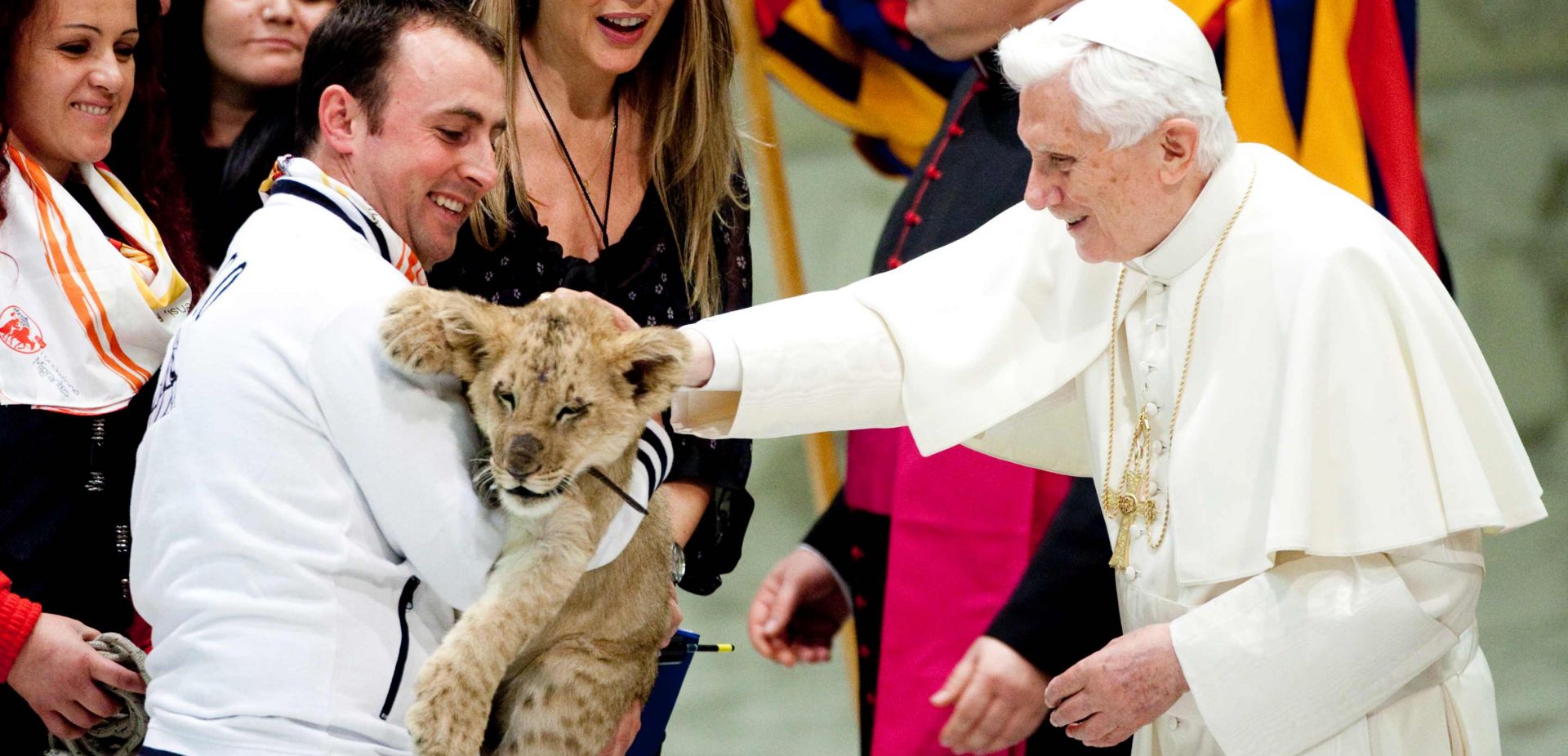
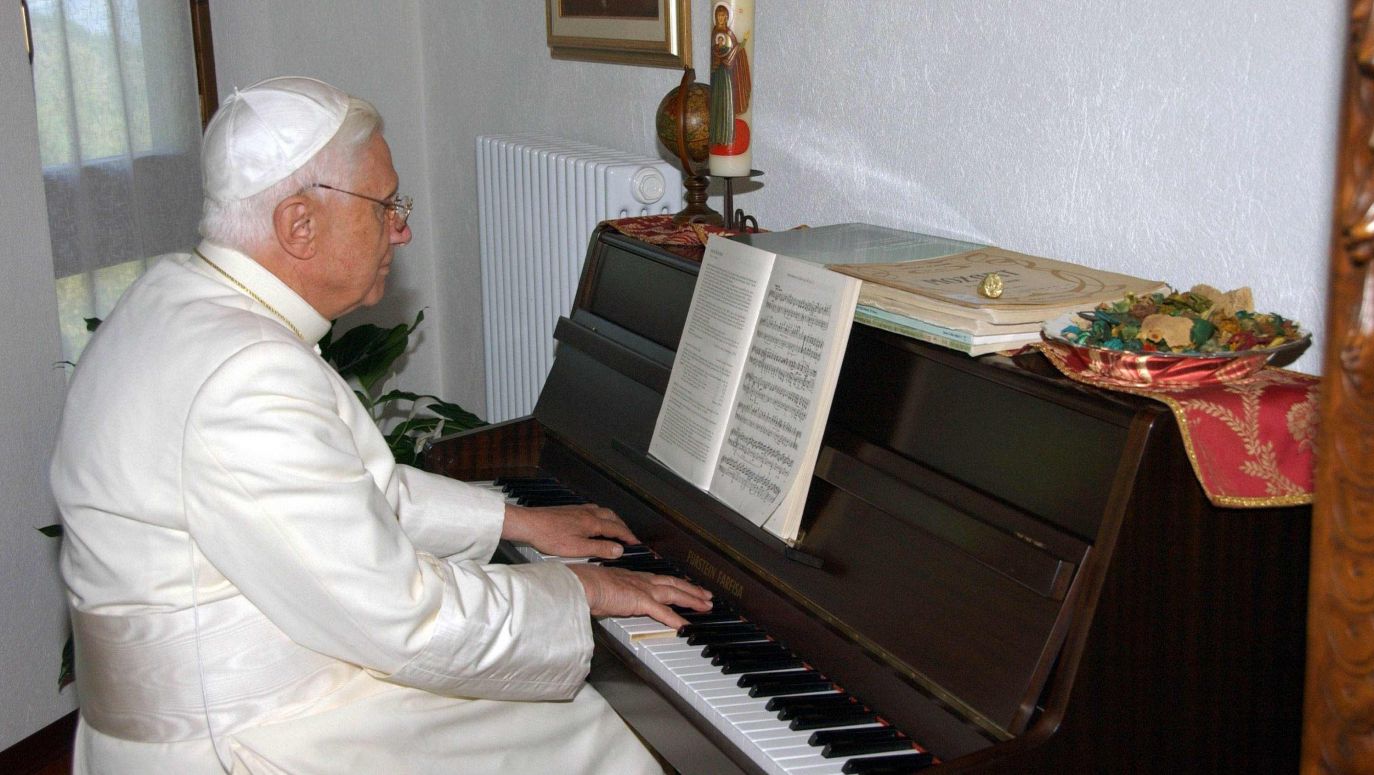
 SIGN UP TO OUR PAGE
SIGN UP TO OUR PAGE 

